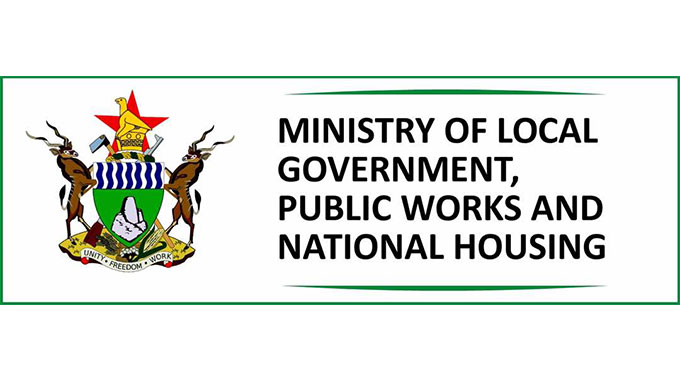O-Level pass rate up

Harare Bureau
More than 6 000 extra students passed O-Level in November last year with more than 63 000 obtaining Grade C or better in at least five subjects, although the pass rate was just 0,4 percent higher with most of the extra successful candidates arising because a lot more children wrote the exam.
Zimsec board chairman Professor Eddie Mwenje told a Press briefing that the pass rate went up from 31,2 percent recorded in 2018 to 31,6 percent recorded in 2019 but a total of 296 464 candidates sat for the exams, 57 023 more than in 2018, an increase of 23,8 percent. In 2019, 200 062 wrote five or more subjects and 63 215 obtained Grade C or better in five or more subjects.
Fielding questions from the media on the Chingele Secondary School in Chiredzi scandal where four teachers allegedly wrote examinations for their wives and girlfriends, Prof Mwenje, said: “The policies governing examinations are very clear and those who are caught cheating will have the results nullified. The moment a school reports a case of cheating, investigations will be done and those found on the wrong side of the law will not get their results.”
The unearthing of the Chiredzi scandal has resulted in the nullification of the results of nine candidates for cheating. Four teachers at Chingele Secondary School including the headmaster Mike Maluleke, his deputy Checkson Tsumele, Mathematics teacher Roddington Sithole and English teacher Misheck Mahungu have since been suspended by the Public Service Commission for alleged improper association with schoolchildren and former school children. Zimsec spokesperson, Ms Nicky Dlamini was recently quoted in the media saying the four teachers wrote examinations on behalf of their girlfriends and second wife.
Most of the passes were recorded among school candidates, while 3 336 from 23 196 private candidates who sat for five or more subjects passed their examinations.
“The total number of school candidates was 206 623. Of this number, 176 866 wrote five or more subjects and 59 879 obtained Grade C or better in five or more subjects, yielding 33, 9 percent pass rate which is higher than that of 2018 which was 32, 8 percent.
“The total number of private candidates was 89 841. Of this number, 23 196 wrote five or more subjects and 3 336 obtained a Grade C or better in five or more subjects, which translates into a percentage pass rate of 14,4 percent. In November 2018, the pass rate was 14,2 percent,” he said.
Like their A-Level counterparts, girls and women outperformed the boys and men.
“Female candidates who entered for the 2019 O-Level examinations were 152 389. Out of this number, 101 798 wrote five or more subjects and 34 952 passed five or more subjects. This yielded a pass rate of 34,3 percent.
“There were 144 075 male candidates who registered for the same examinations. A total of 98 264 wrote five or more subjects and 32 388 passed five or more subjects yielding a pass rate of 33 percent,” said Prof Mwenje.
The 2019 examinations were all printed locally at the Zimsec Norton Printing Press facility.
“The November 2019 O-Level examinations went on exceptionally well without any major incidents. This is important as it ensures credibility of our examination system and results,” said Prof Mwenje.
Educationist and Roman Catholic Mutare Diocese education secretary, Mr Lawrence Chibvuri attributed the almost static pass rate to lack of resources in schools. “The introduction of the new curriculum brought its own challenges as it required a change of textbooks. The prices of the textbooks are beyond the reach of many. Many parents are having a torrid time to provide basic needs for their children.
“Schools are also affected as they are struggling to buy the required textbooks. If the schools hike their fees, education will be beyond the reach of many. Lack of textbooks is contributing significantly to the poor pass rates. Even if Government moves in today to provide all the required learning materials good results will be realised after about four years,” said Mr Chibvuri.
On girls outperforming boys, Mr Chibvuri said: “It should not be forgotten that demographic data shows that we have more girls than boys in the country and this is reflecting on these results. More attention and resources are being poured to the empowerment of the girl child. We should ensure a win-win situation to all children.”











Comments